
Radar | Nov 28,2020
Jun 5 , 2021
A transatlantic alliance is pushing for "bolder actions" against the Ethiopian government, amidst fear that a raging conflict in the Tigray Regional State will result in famine should the international community remain indifferent to the plights of millions displaced in the region.
Ahead of a summit by leaders of the G7 countries, Europe and the United States have called for a roundtable meeting scheduled for June 10, 2021
To be held virtually and streamed live, the roundtable aspires to mobilise the international community to acknowledge the "enormity of the humanitarian and human rights emergency" in Tigray and "galvanise bolder action" for a response to meet humanitarian needs and prevent further atrocities - "commensurate with the scope and scale of the crisis."
The United Nations issued a warning last week that famine is in the making in Tigray in no smaller proportion than in the mid-1980s. Mark Lowcock, head of the UN OCHA, told the BBC late last week that "hundreds of thousands of people" in Tigray have experienced famine since a military conflict began in November last year. He called "men with guns" to let aid workers and humanitarian supplies reach those the most indeed.
"People need to wake up," Lowcock told CBS News last week. "There is now a risk of a loss of life running into the hundreds of thousands or worse."
The administration of Prime Minister Abiy Ahmed (PhD) says it has opened access to humanitarian relief works where people in 96 weredas are provided with assistance, of which the federal government covers 14. It says more than 16 million dollars have been dedicated in support of nearly 400,000 internally displaced people inside the region. However, administration officials complain the international community has not been forthcoming in its effort, covering only one-fourth of emergency supplies need.
The administration of Prime Minister Abiy remains determined not to accept the demand from transatlantic forces for a ceasefire with a military force, the TPLF, which Parliament designated as a terrorist organisation.
"The TPLF had rejected many calls for dialogue with the government, mocked efforts of Ethiopia's respected elders and Prime Minister Abiy Ahmed," said a tweet from the Ministry of Foreign Affairs posted on May 25. "But some still think talks with the defunct group would be a magic wand to pacify Tigray."
The West remains unconvinced.
All the foreign ministers of the G7 countries are expected to attend the roundtable, including special envoys of both the EU and the US to the Horn of Africa. In addition, heads of no less than eight UN agencies, including OCHA and WHO, are invited to appear at the roundtable, scheduled to be addressed by Linda Thomas-Greenfield, United States ambassador to the United Nations. It will be closed by statements from Jeffery Feltman, President Joe Biden's special envoy to the Horn of Africa, who returned to the US after touring the Middle East last week, lobbying countries such as Saudi Arabia and UAE to back the transatlantic demand on Ethiopia's government.
Western countries demand that the Ethiopian government ensure the immediate withdrawal of Eritrean forces from Tigray; accept a ceasefire; agree to independent international investigations of the atrocities committed, bring perpetrators to justice; and, enter into a political dialogue with forces fighting in Tigray. The transatlantic countries threaten the government with economic sanctions and travel bans on several military and civilian officials, including leaders of the TPLF.

Radar | Nov 28,2020
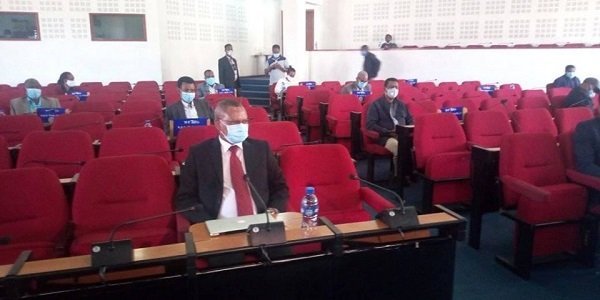
Covid-19 | Apr 11,2020

Viewpoints | Jun 17,2023
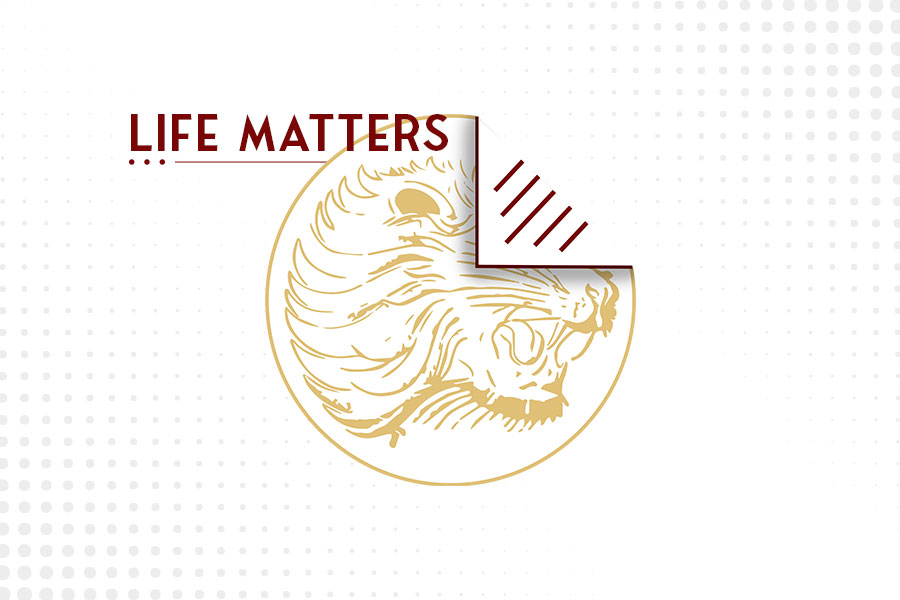
Life Matters | Apr 15,2023

Sponsored Contents | Aug 22,2022
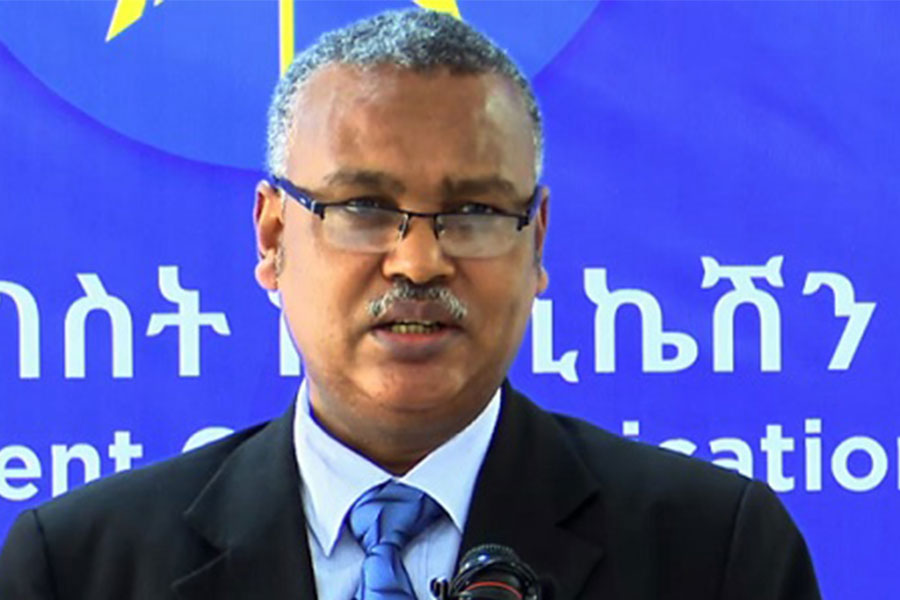
Verbatim | Jan 07,2024

Addis Fortune | Nov 04,2020
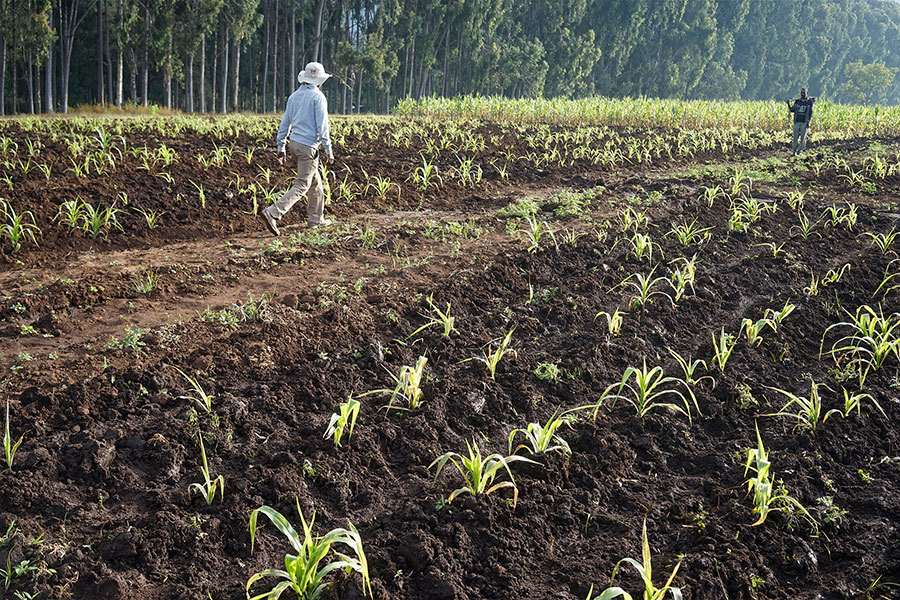
Fortune News | May 10,2022

Sunday with Eden | Nov 12,2022
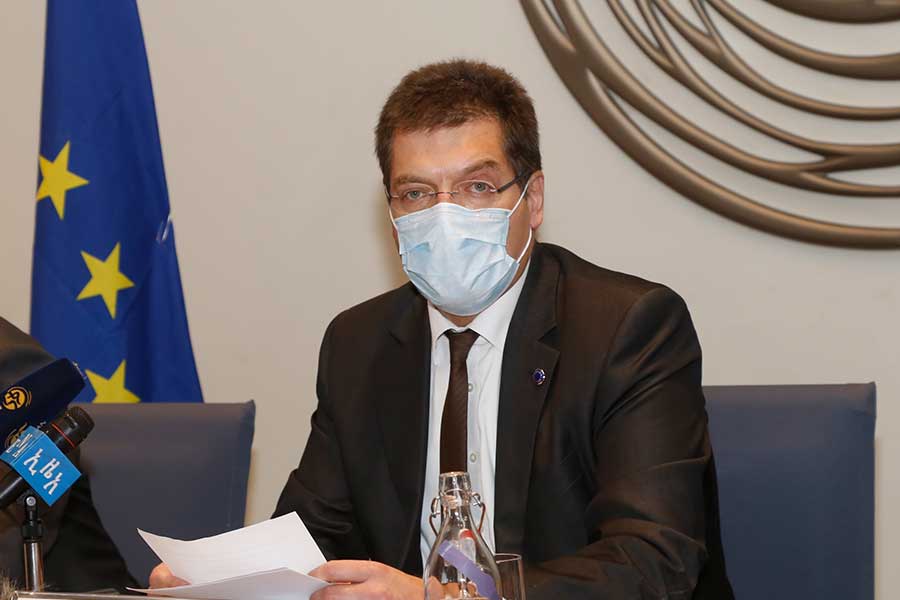
Fortune News | Dec 05,2020

My Opinion | 131766 Views | Aug 14,2021

My Opinion | 128149 Views | Aug 21,2021

My Opinion | 126095 Views | Sep 10,2021

My Opinion | 123717 Views | Aug 07,2021

Jul 5 , 2025
Six years ago, Ethiopia was the darling of international liberal commentators. A year...

Jun 28 , 2025
Meseret Damtie, the assertive auditor general, has never been shy about naming names...

Jun 21 , 2025
A well-worn adage says, “Budget is not destiny, but it is direction.” Examining t...

Jun 14 , 2025
Yet again, the Horn of Africa is bracing for trouble. A region already frayed by wars...